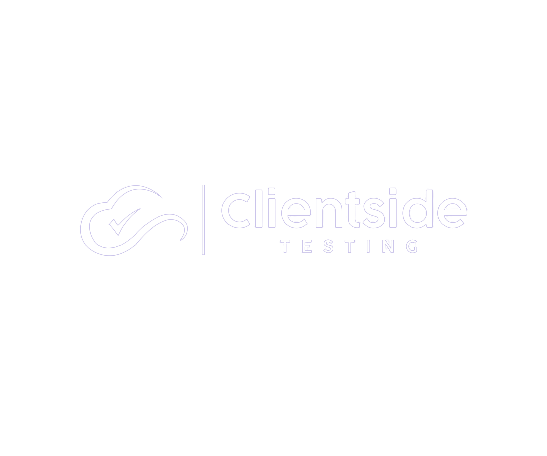Comparing Configuration Testing To Functional End to End Testing.

The Distinction Between Unit/Config Testing & End-to-End Testing.
Understanding the nuanced disparity between unit/config testing and end-to-end (E2E) testing is pivotal for a triumphant testing endeavor in Workday. This article elucidates the disparities between unit/config testing and end-to-end testing in Workday, accentuating their significance and contributions to a prosperous Workday implementation.
Unit/Config Testing:
As a Workday client, it is incumbent upon you to authenticate your Workday setup, ensuring that configurations align seamlessly with your organization’s requisites. This validation process, termed unit/config testing, meticulously scrutinizes security roles, calculated fields, business process configurations, pay groups, hierarchies, and more, based on sanctioned workbooks and project requirements.
The chief objective of unit testing is to unearth and rectify defects and configuration glitches at the nascent stage of the deployment process, thereby bolstering the reliability and stability of individual Workday modules. By conducting exhaustive unit testing on the client side, you assume ownership and accountability for your Workday solution, thus fostering a triumphant implementation and seamless transition for end-users.
End-to-End (E2E) Testing:
Conversely, end-to-end (E2E) testing, also denoted as Functional E2E Testing, entails a rigorous validation of your Workday functionalities, business processes, integrations, and reports within a dedicated Workday tenant. This holistic testing approach guarantees that your Workday solution is fully operational and adept for its intended purpose.
E2E test cases are meticulously crafted to validate real-world scenarios and standard processes, thereby supporting uninterrupted business operations and day-to-day functionalities. Furthermore, E2E testing facilitates a feedback mechanism with Workday or your SI partner, thereby laying the groundwork for functionality, usability, and system integrity.
In Summary:
While both unit testing and E2E testing are indispensable components of Workday testing, they diverge in scope, emphasis, and objectives. To achieve optimal outcomes, it is imperative to invest in both methodologies. By embracing unit/config testing and E2E testing within your Workday testing strategy, you can ensure the reliability, functionality, and success of your Workday implementation.
Happy testing!
